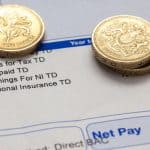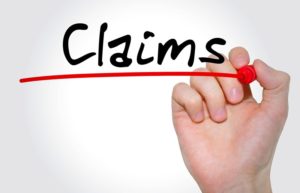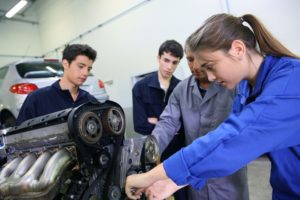Many taxpayers supplement their income by selling services online. This is often known as the ‘sharing economy’ or the ‘peer-to-peer economy’ and usually involves taxpayers renting out something they are not using such as their house (using websites such as AirBNB), car, car parking space or other personal equipment.
It can also involve taxpayers finding customers using specialist websites or apps and doing small jobs either online or in-person. The income raised from these kinds of ventures is usually supplemental to a taxpayer’s main income but this is not always the case. However, HMRC is clear that in most cases this is taxable income and income tax is payable subject to the usual rules.
There are two £1,000 tax allowances for property and trading income that came into force from April 2017.
The £1,000 exemptions from tax apply to:
- Taxpayers who make up to £1,000 from self-employment, casual services or hiring personal equipment. This is known as the trading allowance.
- The first £1,000 of miscellaneous income for income from property. For example from renting a driveway. This is known as the property allowance. The allowance is not available on income from letting your own home where a separate relief may be available using the Rent a Room Scheme.
Planning note
There is usually no income tax to pay if you occasionally sell personal possessions online but you may need to pay capital gains tax. However, there are separate rules if HMRC deems your activities a fully-fledged business. Please call if you need advice on any of these topics.







